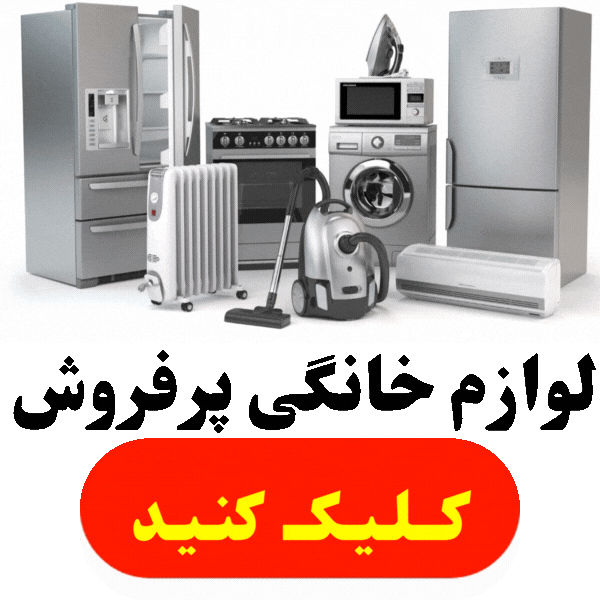اداره برق به انگلیسی
Absolutely! Here's a comprehensive explanation of an electricity board in English, tailored for a general audience:
Electricity Board (or Electric Utility)
An electricity board, also known as an electric utility, is a company or government agency responsible for generating, transmitting, and distributing electricity to homes, businesses, and industries. They play a crucial role in modern society, providing the power that drives our daily lives.
Key Functions:
- Generation: Electricity boards produce electricity through various methods, such as:
- Thermal power plants: Burning fossil fuels (coal, natural gas, oil) to heat water and produce steam, which turns a turbine connected to a generator.
- Hydroelectric power plants: Using the force of moving water (from rivers or dams) to turn turbines.
- Nuclear power plants: Harnessing the energy released from nuclear fission to generate steam and power turbines.
- Renewable energy sources: Utilizing renewable sources like solar, wind, and geothermal energy to produce electricity.
- Transmission: Once generated, electricity is transmitted over high-voltage power lines to substations located throughout the service area. These substations reduce the voltage to a level suitable for distribution.
- Distribution: From substations, electricity is distributed to homes and businesses through a network of lower-voltage power lines.
- Metering: Electricity boards install meters at each customer's premises to measure the amount of electricity consumed.
- Billing: Based on the meter readings, electricity boards send out bills to customers.
- Maintenance: They are responsible for maintaining the entire electricity grid, including power plants, transmission lines, substations, and distribution networks.
Types of Electricity Boards:
- Publicly owned: Owned and operated by government entities.
- Privately owned: Owned by private companies.
- Cooperatives: Owned and operated by a group of consumers.
Challenges and Future Trends:
Electricity boards face various challenges, such as:
- Meeting increasing demand: As populations grow and economies expand, the demand for electricity continues to rise.
- Ensuring reliability: Maintaining a reliable power supply is essential for modern society.
- Reducing environmental impact: The electricity sector is a significant contributor to greenhouse gas emissions, and there is a growing need to transition to cleaner sources of energy.
- Integrating renewable energy: Integrating renewable energy sources into the grid presents technical and economic challenges.
Future trends in the electricity sector include:
- Smart grids: The development of intelligent grids that can monitor and control the flow of electricity more efficiently.
- Increased use of renewable energy: A shift towards cleaner and more sustainable energy sources.
- Electric vehicles: The growing popularity of electric vehicles will increase demand for electricity.
- Energy storage: The development of advanced energy storage technologies to help balance supply and demand.
In essence, electricity boards play a vital role in modern society by providing the electricity that powers our homes, businesses, and industries. They are constantly working to improve the reliability, efficiency, and sustainability of the electricity grid.
Would you like to know more about a specific aspect of electricity boards, such as renewable energy or smart grids?
لینک
منبع
لینک منبع
لینک سایت
سایت اصلی
سایت منبع
این سایت
این لینک
اینجا
اینجا کلیک کنید

